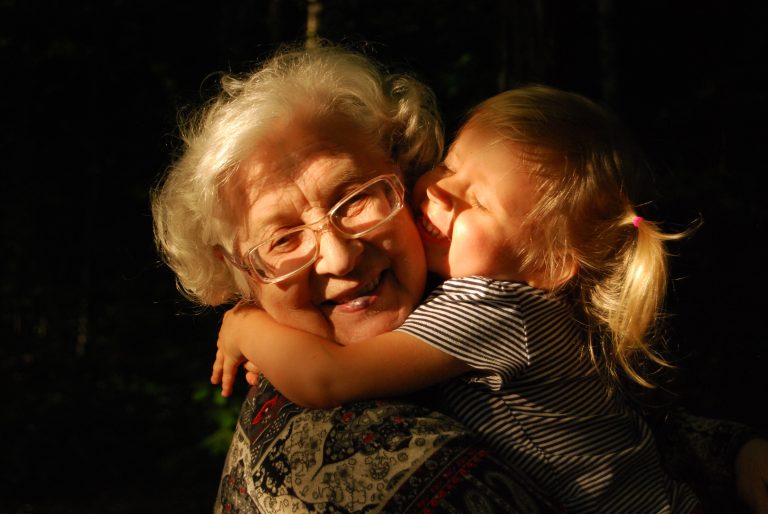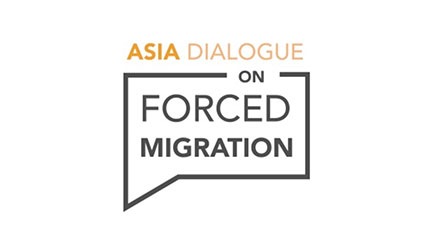You’ve heard a lot about the asylum policy debate in the media. The Government announces a new policy. The opposition denounces any new policy. Talk back radio goes back and forth about the best way to deal with this issue. If all this noise about asylum seekers makes you almost believe there is thought put into how to develop best practice approaches, think again. You’ve been conned.
For those of you who have seen The Usual Suspects, asylum seekers are Kaiser Sozé. A made up bogey-man criminal used to distract you from what is really going on. It’s all just a political marketing campaign from both parties aimed at marginal seat voters. They use the boatpeople debate to define their party’s image. ‘Cruel to be kind’ for the Coalition, with ‘tough but humane’ for Labor. The reality is, when you analyse policies from both parties from a purely rationalist public policy angle, they both fail the test.
The recent treatment of the nine year old orphan boy Seena, who lost both parents in the asylum boat sinking is raises serious doubts about Labor’s desire to be seen as tough but humane. Seena has family here in Sydney to care for him, but instead he was packed off back to Christmas Island detention the day after his father’s funeral. When asked by the media why he could not show compassion to just this one child, the Minister claimed that ‘processes’ were in place and procedures had to be followed, as though the decision and power was out of his hands. But isn’t that why we built Ministerial discretion into the system, so judgement calls can be made by the Minister when exceptional circumstances require it? Yesterday Chris Bowen said Seena and his relatives will be released next week, meaning the Government wasted the money flying them back to Christmas island, when the family could have stayed in Villawood detention centre. Great work Minister, now how about the other 1039 kids locked up in immigration detention facilities?
The Coalition’s Scott Morrison complained about the $300,000 being spent on flying 22 asylum seekers from Christmas Island to Sydney and back for the funerals. How about the Coalition spending $1 billion on 46 people? Morrison’s election promise was to re-open the offshore detention centre on Nauru. The Pacific Solution policy was costed by Oxfam Australia at $1billion and only diverted 46 refugees to other countries – a cost of a cool $24 million per diverted refugee. One might argue that its purpose was to deter others from coming. The policy ran for five years and the most boat arrivals Australia ever saw in a single year was 5600. That works out to $35,000 per asylum seeker deterred from coming. Frankly it would be cheaper to have an ASIO officer sit up in Indonesia with a sack full of cash bribing people to stay away.
The idea that deterrent policies like Nauru, Christmas Island or temporary protection visas stopped boats was never properly tested anyway. Politicians and pundits only quote the changing numbers arriving in Australia when there have been ‘hard’ or ‘soft’ policy changes. But a comparison of our arrival numbers with OECD averages for nations who did not make any policy changes, shows that Australian ebbs and flows in arrivals exactly matches the OECD average. In other words, anyone suggesting that Australian policy made all the difference in boat arrival numbers is either lying to you or has been conned.
The weird thing is, the best policy approach (one that sought good policy outcomes not just political outcomes) was actually put in place by the Howard Government.
Starting in 2005 the Community Care Pilot (CCP) provided intensive casework, psycho-social support and, where necessary, housing and income support to vulnerable people in the immigration regime. The results were startling to the Howard Government – immigration cases were resolved faster, it was a lot cheaper and people who were rejected for visas were more likely to return home voluntarily rather than appeal the rejection or require forced deportation. In other words, community-based processing of asylum seekers results in greater compliance with the system and better outcomes for Australia.
Yet neither party wants to use this proven method, because it doesn’t play well to the electorate. But the evidence shows that asylum seekers should be released from detention and processed in the community. Not because it’s compassionate and not because it’s the right thing to do, but because it works and it saves hundreds of millions of dollars.
Unfortunately, both sides of politics have decided to go back to the old ways of using asylum seekers as weapons in their policy trench-warfare. But like most wars, it costs a lot of our money and is pretty useless in achieving its perceived goal. But it is great at achieving the real goal – to distract the public and the media from investigating the real problems facing Australia. The fix is in.
This article was first published in The Punch here.



